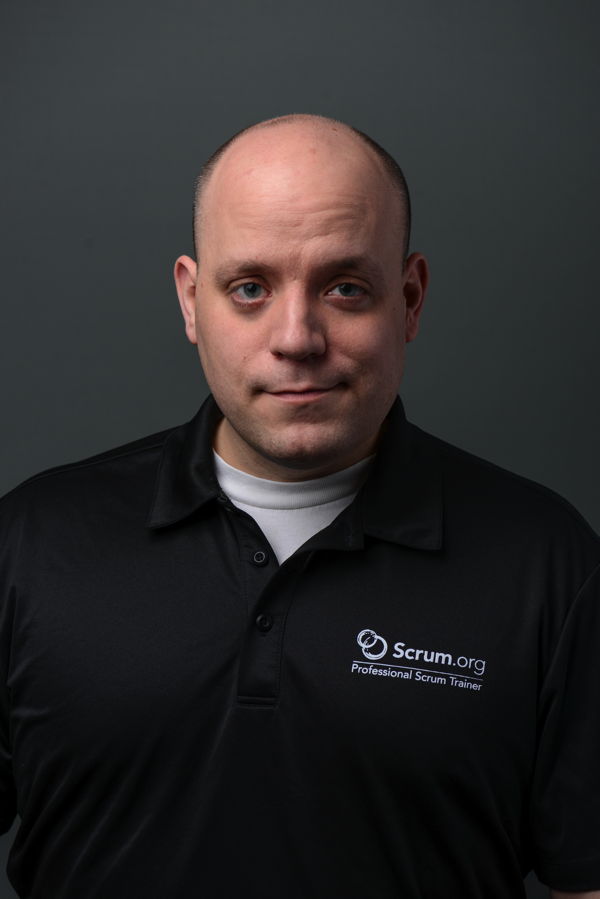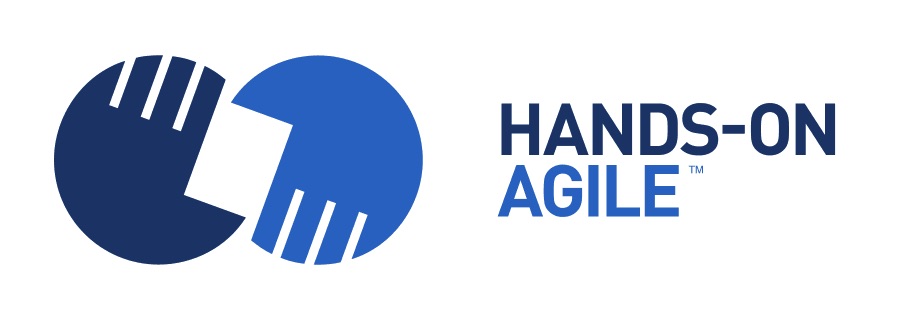TL; DR: The Agile Movers & Shakers Interview w/ Ryan Ripley
Today’s guest is Ryan Ripley. Ryan is a Professional Scrum Trainer (PST) with Scrum.org. He hosts the Agile for Humans podcast and most recently co-wrote Fixing Your Scrum: Practical Solutions for Common Scrum Problems with Todd Miller for PragProg.

Do you want to get future articles in your inbox? If so, you can subscribe here and join 26k agile peers.

The Agile Movers & Shakers Interview with Ryan Ripley
Today’s guest is Ryan Ripley. Ryan is a Professional Scrum Trainer (PST) with Scrum.org. He hosts the Agile for Humans podcast and most recently co-wrote Fixing Your Scrum: Practical Solutions for Common Scrum Problems with Todd Miller for PragProg.
- Please describe what you do in 280 characters:
“I teach people how to use the Scrum Framework. I write books that help teams deliver value to their customers and host an agile podcast on iTunes.”
- What brought you to ‘agile?’
“I took a Scrum Master class with Ken Schwaber back in 2013. Waterfall never felt quite right to me. After learning about Scrum, I became passionate about my work again and realized that we can expect delivery while still treating people with respect. Ken’s class was a game-changer for me.”
- Why do you believe that being passionate about ‘agile’ is worth your time?
“A life well spent is one that involves serving others and helping them find joyful ways to reach the outcomes they’re after. Agile has given me the opportunity to have a life like this.”
- How would you characterize your way of contributing to an organization’s success in becoming agile?
“I focus a lot on training leadership teams on how to create environments that agile teams can succeed. By getting that part right, we make the wider investment in training, coaching, and mentoring much more impactful. This type of training is critical to an organization’s success and can make or break an agile adoption.”
- What is in your toolbox?
“I try to use low-tech items as much as possible. Post-it notes, 3×5 index cards, painters tape, a flip chart, and Neuland markers these are all my favorite “go-to” items, but these days I’m spending a lot of time using Zoom “break out” rooms and Mural to help facilitate, coach, and train teams. That said, the tools are not really that important. I’m trying to make things easier for my teams using strong facilitation and coaching techniques. Whether I’m using flip charts are virtual whiteboards, the point is to still create opportunities for teams, to learn, adapt, and grow. We are here to help people make new and better decisions frequently. Empiricism is the main tool in my toolbox. Everything else helps us get there.”
- Do you believe in removing yourself from a team or an organization in the long run? If so, why is that and have you done so in the past?
“I think that context is everything with questions like this. In general, yes. I think after a period of time that it’s time for me to leave. At a certain point, I become part of the system of work that I’m trying to shift. At that point, my effectiveness (value) drops well below the price it cost to have me on a team.”
- What has been your greatest success so far, and how did you manage to realize it?
“Finishing Fixing Your Scrum is high up on the list. We spent two years on the book and have gotten a lot of feedback so far that it’s really helping teams. I’m hesitant to mention project-specific things. The Development Team and Product Owners involved did the work and deserve the credit that comes with it. If I’ve helped someone live a better life and discover a more joyful way of working, I’d consider that a big win.”
- What has been your worst failure so far, how did you contribute to it, and what did you learn from it?
“One of my biggest failures was early on in my Scrum Master career. A project manager asked me some very innocent questions about controlling scope and dates while working with Scrum, and rather than digging deeper into their concerns, I lashed out about such things are impossible and essentially turned a potential ally into an opponent. I learned a valuable [lesson] about trying to figure out the question behind the question. In other words, what is a concern, need, fear, etc. that the person is really asking about. Had I done that, I think I would have shown a lot more empathy and saved myself many issues during that particular Scrum adoption.”
- Finally, what is your magic tool as a coach/trainer or Scrum Master?
“My magic tool as a Scrum Master is curiosity. I have found that tools come and go. Facilitation techniques emerge and fade. Even the Scrum Framework changes occasionally, but keeping an open, curious mind while working with people will never go out of style. The second I lose that mindset and drift into judgment, it’s time for me to step out of a coaching stance and get my mind right. I’m useless if I’m judging people.”
- Which newsletters, blogs, podcasts, or Youtube channels do you follow that deserve more credit than they receive now? Any recommendations?
“The Meta-Cast podcast by Bob Galen and Josh Anderson is excellent and deserves a lot more attention than it gets. Bob and Josh dig deep into important topics and freely share their insights, experiences, and stories.”
- If you could recommend only one book on ‘agile,’ which book would that be?
“Aside from my own 🙂 — I still think that Extreme Programming Explained by Kent Beck is still one of the most important agile books ever written.”
- Whom should we interview next?
“Todd Miller.”
Learn more about Ryan Ripley on his website, follow him on Twitter, reach out to him on LinkedIn, and learn more about Ryan the author on Amazon.
Note: If you like to suggest a peer for an interview, please let us know by leaving a comment below. Thank you!

✋ Do Not Miss Out: Join the 7,600-plus Strong ‘Hands-on Agile’ Slack Team
I invite you to join the “Hands-on Agile” Slack team and enjoy the benefits of a fast-growing, vibrant community of agile practitioners from around the world.

If you like to join now all you have to do now is provide your credentials via this Google form, and I will sign you up. By the way, it’s free.
Related Content
Adding to the Ryan Ripley interview, we recommend the following articles:
All interviews from the Agile Movers & Shakers series: Agile Movers & Shakers — the interview series.
